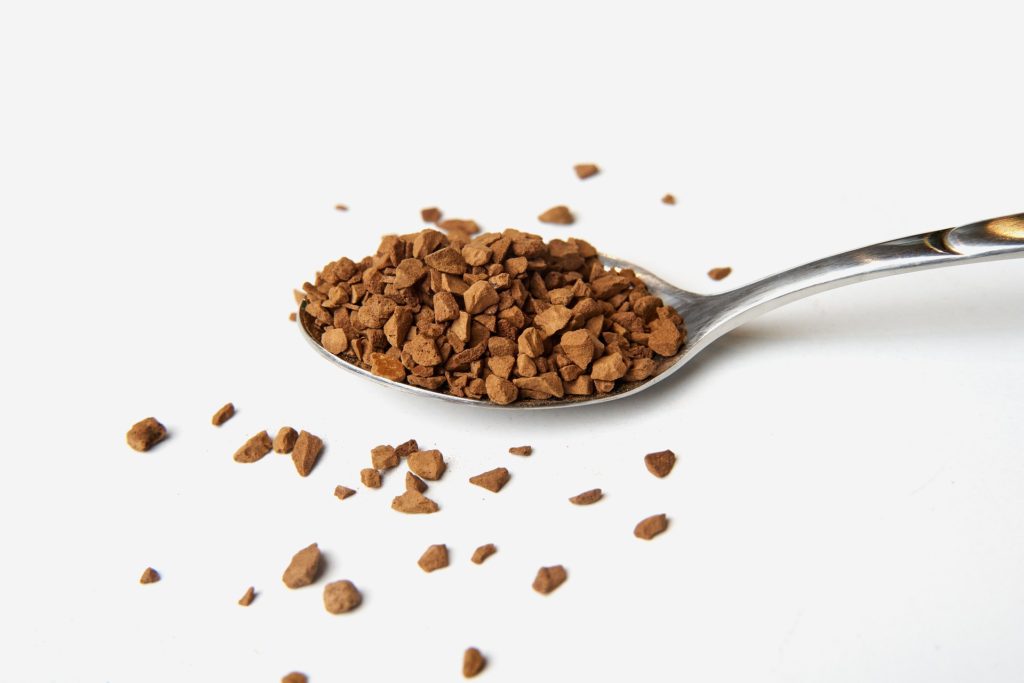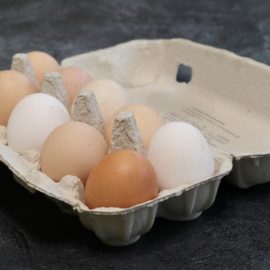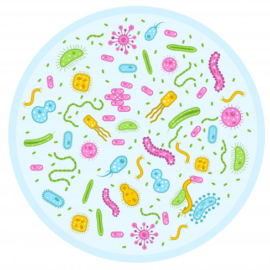
Instant coffee is a popular beverage choice for those seeking convenience in their daily routines. Whether you’re traveling, camping, or simply need a caffeine boost at work, instant coffee offers a convenient solution. Instant coffee is a form of coffee that has been processed and prepared for quick and easy consumption. Unlike traditional brewing methods that involve grinding coffee beans, measuring water, and waiting for the brewing process to complete, instant coffee can be prepared almost instantly. Simply add hot water to a spoonful of instant coffee granules, stir, and it’s ready to drink. But amidst the hustle and bustle, one question lingers: Does instant coffee expire? Can that jar of powdered goodness still deliver a flavorful experience after months or even years on the shelf?
DOES INSTANT COFFEE EXPIRE?
Well, instant coffee does not have a strict expiration date. Instant coffee has a very low moisture content and water activity. According to the United States Department of Agriculture, instant coffee has a water activity of 0.2. Microorganisms have specific water activity requirements for growth. The water activity range in which most microorganisms can thrive is typically between 0.95 and 0.99. But since instant coffee has a very low water activity, microorganisms become dormant or unable to reproduce.
Various techniques are employed to control water activity in food products, including freezing, drying, salting, and the addition of preservatives. These methods reduce the amount of available water, making it unfavorable for microbial growth. For instance, freeze-drying or spray-drying coffee reduces the water activity. A low water activity is inhospitable for microbial growth and extends the shelf life of the product.
You might also like: How Instant Coffee Is Made (And What Is Lost From Ground Coffee)
Having said that, instant coffee is very shelf life stable as long as it is kept properly. According to a publication, a spray-dried instant coffee can last for several years provided that the product’s moisture content is less than 5% w/w. However, it is important to note that while the expiration date may not be a major concern for instant coffee, its quality can gradually deteriorate over time. This is caused largely by moisture absorption and flavor oxidation.
QUALITY DETERIORATION OF INSTANT COFFEE
We have often come across food packaging labels that advise us to store products in a cool, dry place, and there’s a valid reason behind it. Just like many processed food items, the quality of instant coffee deteriorates over time. However, using suitable packaging materials and proper storage techniques can slow down this process. It is advisable to keep the coffee away from direct sunlight and high temperatures, as heat and light can accelerate oxidation. Popular packaging options for instant coffee include cans, jars, and moisture-proof bags, which act as effective barriers against oxygen.
When instant coffee is exposed to oxygen, several chemical reactions occur, which can result in a deterioration of quality. The volatile flavor compounds in instant coffee readily react with oxygen, leading to their breakdown and a reduction in concentration. Consequently, the coffee may lose its distinct flavors and develop a stale or flat taste.
Oxidation becomes evident when instant coffee undergoes a browning effect, causing it to appear less vibrant and appealing. Many consumers may consider discarding a jar of instant coffee if the inside has clumped or hardened.
Despite its low moisture content, improper storage can still lead to moisture absorption in instant coffee due to its hygroscopic nature. This moisture comes from the surrounding air, and exposure to high humidity can compromise the quality and result in clumping or caking of the granules. When moist air enters the coffee container, the moisture condenses. If a jar of instant coffee is left open, the moisture can gradually penetrate the container, leading to the coffee clumping together. This caking effect starts when instant coffee reaches a moisture content of 7 to 8% w/w.
PROPER STORING IS KEY
The quality of instant coffee can deteriorate due to factors such as exposure to oxygen, moisture absorption, and flavor compound degradation, leading to a loss of freshness, flavor, and aroma. But there are several things that you can do to keep these things from happening.
Employing an airtight container is essential for proper instant coffee preservation. Place the coffee in a clean, dry container with a tight-fitting cover after removing it from its original package. This will create a barrier of defense against air, moisture, and odors, successfully maintaining the coffee’s flavor and freshness. Choosing non-reactive materials like glass or stainless steel, which are perfect for this use, can help you create the best storage conditions.
To prevent the entry of air and moisture, make sure to securely seal the container. Verify the lid or closure mechanism to guarantee a proper seal whenever you store the coffee. This practice will minimize oxygen exposure, decrease the likelihood of moisture absorption, and assist in preserving the coffee’s freshness. If you observe any issues with the container’s seal, such as improper sealing or damage, it is advisable to transfer the coffee to a new container or find an alternative airtight storage solution.
After transferring the instant coffee to a suitable container with a tight seal, ensure it is stored in a cool and dry location. As mentioned earlier, instant coffee is susceptible to heat, light, and humidity. Opt for a cool and dark spot, such as a pantry or cupboard, to shield it from direct sunlight. It’s important to avoid storing it near heat sources like stoves or ovens, as excessive heat and light can accelerate degradation, jeopardizing the coffee’s flavor and aroma. Additionally, steer clear of high humidity areas, such as near the sink or refrigerator, to prevent moisture absorption and clumping.


